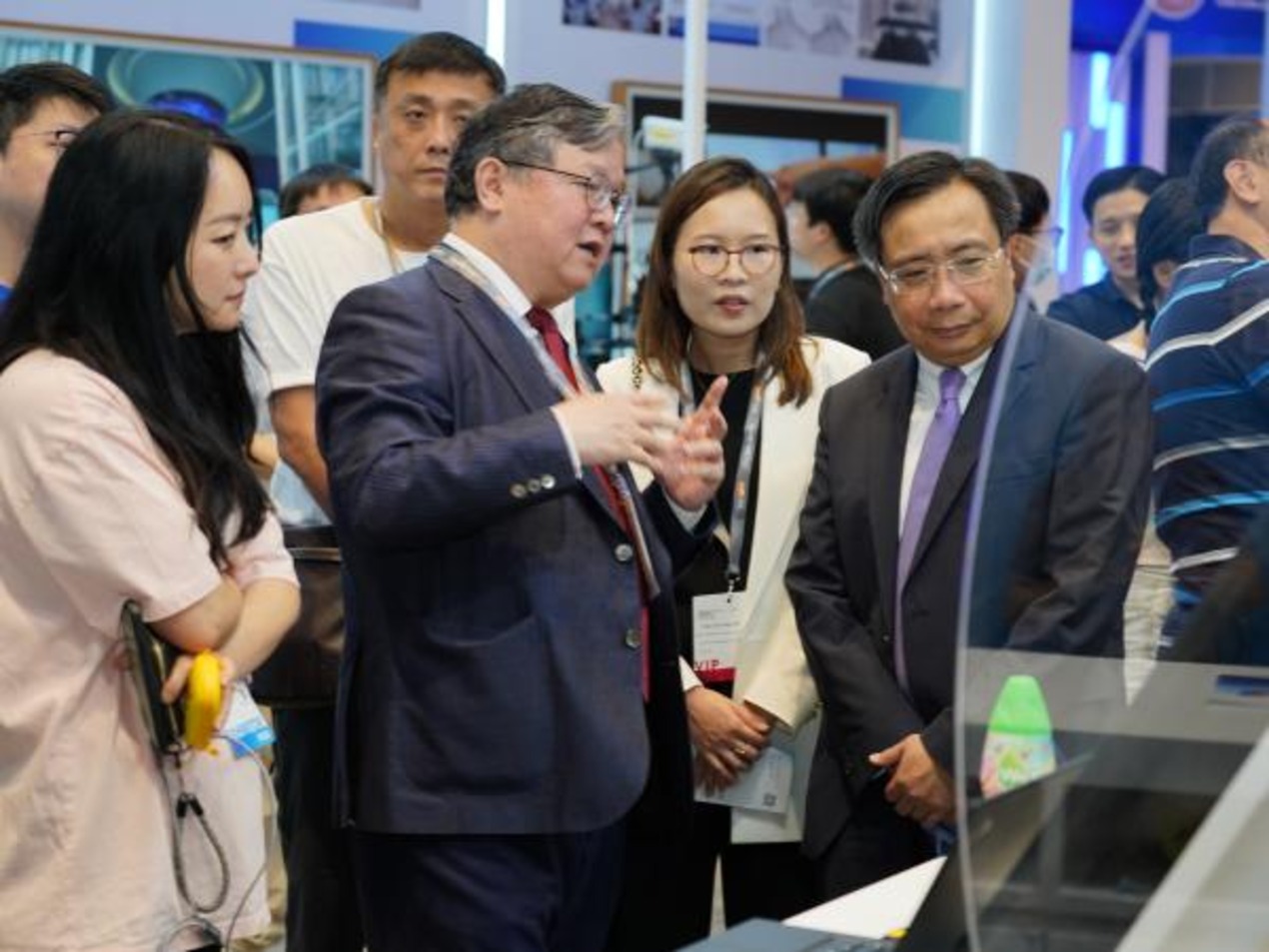
Malaysia has shown a keen interest in having access to Russian technologies, including in the space industry.
This was discussed during the bilateral meeting between Malaysia’s Prime Minister and the Russian President on the sidelines of the Eastern Economic Summit (EES) in Russia’s Vladivostok.
The Malaysian Pm stated that, on its part, Putrajaya would help Russia boost its presence in South East Asia.
The Russian president was quoted as saying that Malaysia was a priority partner of Russian in Asia. Russia is positive that relations between the two countries are developing in such a positive way.
The Malaysian PM and the Russian President previously met on the sidelines of the East Asia Summit held in Singapore last year.
The two countries have enjoyed over 50 years of cordial diplomatic relations and this is not the first time Malaysia has indicated its interest in Russian space technology.
Previously, under the “Angkasawan Program,” the government sent a Malaysian astronaut to the International Space Station (ISS) on board Soyuz TNMA-11 spacecraft.
The programme was announced by the leader, during his first stint as Malaysia’s Prime Minister as a joint programme with the Russian Federation.
It was a project under the government-to-government offset agreement following the purchase of 18 Sukhoi Su-30 MKM fighter jets for the Royal Malaysian Air Force.
Under this agreement, the Russian Federation bore the cost of training two Malaysians for space travel and for sending one of them to the International Space Station (ISS) on October 2007.
Malaysia’s aerospace industry’s revenue is expected to grow by another 10% to 15% this year from last year’s total earnings of RM14.4 billion.
Ministry of International Trade and Industry (MITI) Minister stated that the target is achievable particularly via the manufacturing segment, despite the challenging overall global market.
The growth will be supported by the increase of activities in manufacturing of aerostructure and engine parts, as well as the maintenance, repair and overhaul (MRO) of aero engines and components.
Major original equipment manufacturers in the aerospace industry are expected to continue sourcing their aircraft parts and components in Malaysia.
While plans are underway to push the business further, the industry players also need to be more exposed to the outside world and to secure more contracts no matter how small they are.
Since the implementation of the key initiatives of the Malaysian Aerospace Industry Blueprint 2030 led by MITI’s National Aerospace Industry Coordinating Office (NAICO), the aerospace sector has reported steady growth.
The industry now employs 24,500 highly skilled workers. According to the blueprint, there will be 32,000 high-income jobs in the aerospace market, generating some RM55.2 billion revenue by 2030.
Malaysia’s MyAero’19 platform is also expected to address talent gaps in the aerospace industry, which is still the main challenge for the fast-growing sector.
NAICO, the Ministry of Human Resources and Department of Skills Development are expected to conduct a study on aerospace’s Technical and Vocational Education and Training supply and demand.
The result of the study will determine specific skills development programmes that are urgently required by the industry.
There is indeed a need for more talented and skilled workers. Among the efforts is to upgrade the relevant courses (from diploma to a degree) in universities and ensure graduates are market-ready.
Apart from traditional market segments, Malaysia is also exploring opportunities in the New Space Economy or Space 4.0 — where space technology will enhance the quality of life in the country.
There will be some activities with regards to space technology that the government aims to develop in Langkawi. This includes a mission control centre, spaceport and high altitude lighter than air office that is similar to a Zeppelin balloon, which is expected to be used for 4G or 5G telecommunications and more.
The Space 4.0 element the ministry wants to embark on will be managed based on an investment ecosystem development, human capital and export.
Some RM2 billion worth of new projects are expected to be initiated over the next five years, excluding projects that have been approved by the Malaysian Investment Development Authority. However, discussions and negotiations are still ongoing.
















